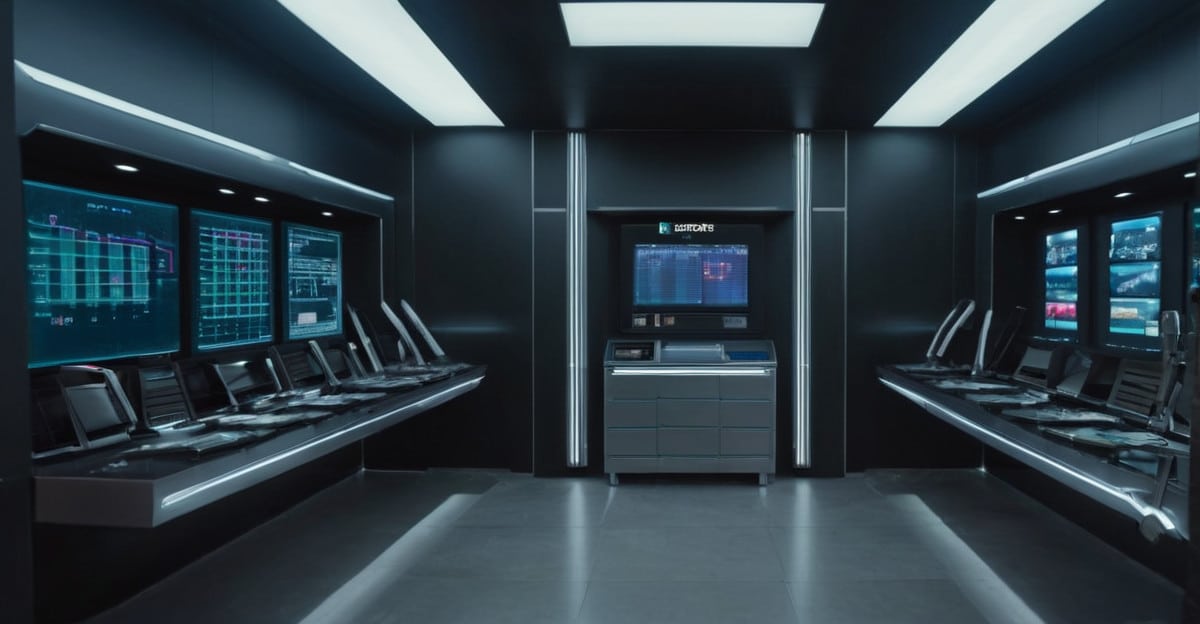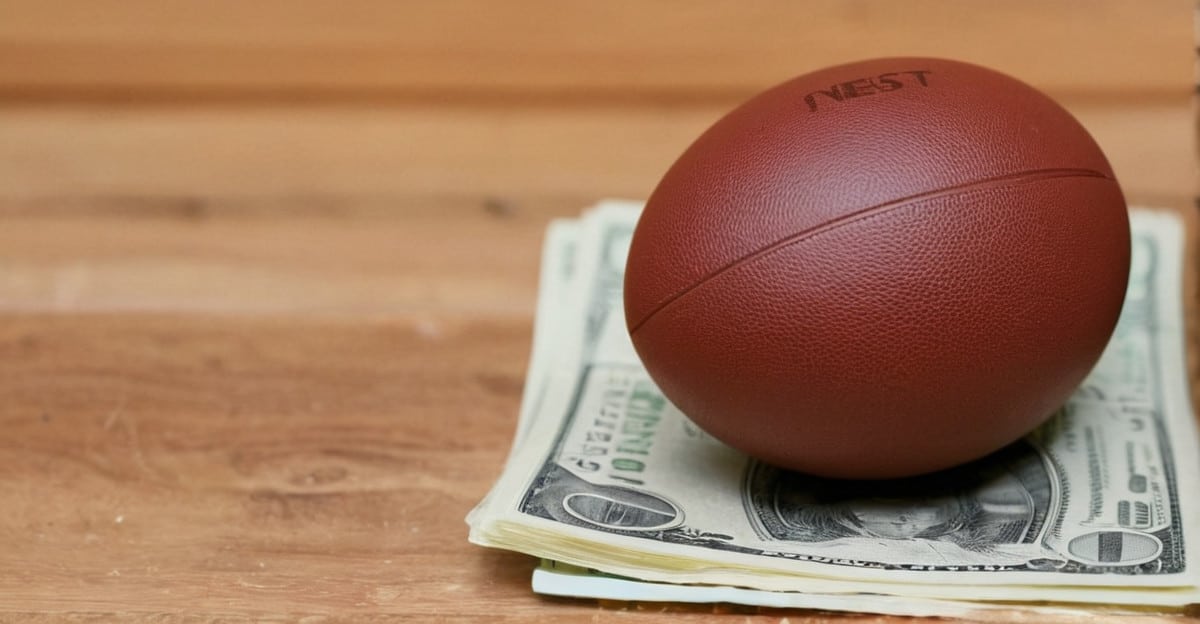Introduction: Why Freelancers Need a Financial Cushion
Maintaining financial stability is crucial in the ever-changing world of freelancing. Since freelancers experience income instability, as opposed to regular employees, it is imperative to create a financial cushion. During hard times, this emergency fund serves as a safety net, ensuring that you can pay your bills without experiencing undue stress. The significance of financial readiness for independent contractors in 2024 cannot be emphasized.

Understanding the Importance of an Emergency Fund
A savings account specifically designated to meet unforeseen costs or financial emergencies is known as a emergency fund. This fund is essential for independent contractors. Having a financial safety net to fall back on in case of illness, late payments from clients, or other unanticipated events gives you peace of mind. Establishing this fund need to be a primary concern for individuals who depend on freelancing income.
Assessing Your Monthly Expenses
To properly build a financial cushion, you must have a comprehensive grasp of your monthly spending. Make a list of everything you regularly spend money on, such as rent, utilities, groceries, insurance, and other recurrent expenses. This will provide you with a starting point amount for your emergency savings. Sound financial planning is predicated on accurate spending tracking.

Setting a Savings Goal
Setting a savings target is the next step after determining your monthly costs. Experts in money matters advise setting aside enough cash for three to six months’ worth of living expenditures. For most freelancers, this range offers a healthy buffer. Aim to save between $6,000 and $12,000 if your monthly costs are $2,000. Having a specific, attainable objective can help you stay motivated and on course.
Choosing the Right Savings Account
Making the right savings account choice is essential when building a financial buffer. Seek for accounts that provide simple access to money, cheap fees, and high interest rates. Because they offer attractive interest rates, money market accounts and online savings accounts are popular choices. To make sure you can access your money in an emergency without paying more, stay away from accounts that have withdrawal penalties.

Automating Your Savings
Automating your savings is one of the best strategies to accumulate emergency funds. Set up recurring monthly transfers from your checking to savings accounts. This guarantees regularity and lessens the desire to fritter away the cash. Saving money is easy with automation, and it also keeps you focused on your financial objectives.
Cutting Unnecessary Expenses
If you want to save money more quickly, think about reducing wasteful spending. Examine your spending patterns to find places where you may save expenses. This might include cutting back on eating out, canceling memberships that aren’t being used, or looking for less expensive options for particular services. Every dollar you save adds to your safety net and moves you one step closer to your objective.
Diversifying Your Income Streams
Apart from saving, you can expedite the process of creating a financial cushion by diversifying your sources of income. Investigate passive income options like side gigs, investments, and freelancing in many fields. Increasing your finances through diversification also gives you extra security when business slows down for your main freelancing gig.
Using Budgeting Tools and Apps
When it comes to building an emergency fund, freelancers must budget effectively. Track your earnings and expenses by using apps and tools for budgeting. These programs help you find areas where you may save more money by giving you insights into your spending habits. A few well-liked choices include PocketGuard, YNAB (You Need A Budget), and Mint. You can stay on track and manage your finances more easily using these apps.

Regularly Reviewing and Adjusting Your Plan
Your savings plan should be reviewed and adjusted on a frequent basis because your financial circumstances and objectives may change over time. Every few months, evaluate your progress and change your budget or savings rate as needed. Maintaining adaptability and receptiveness to alterations guarantees that your emergency fund stays strong and efficient in offering monetary stability.
Conclusion: Achieving Financial Security as a Freelancer
For independent contractors looking for long-term financial stability, setting up a financial cushion is essential. You may create a sizeable emergency fund by knowing what you spend, making specific goals, selecting the best savings account, and using tools for budgeting. Recall that discipline and consistency are essential. Make sure you have the financial security necessary to succeed in your freelancing work in 2024 and beyond by starting today and following these procedures.






